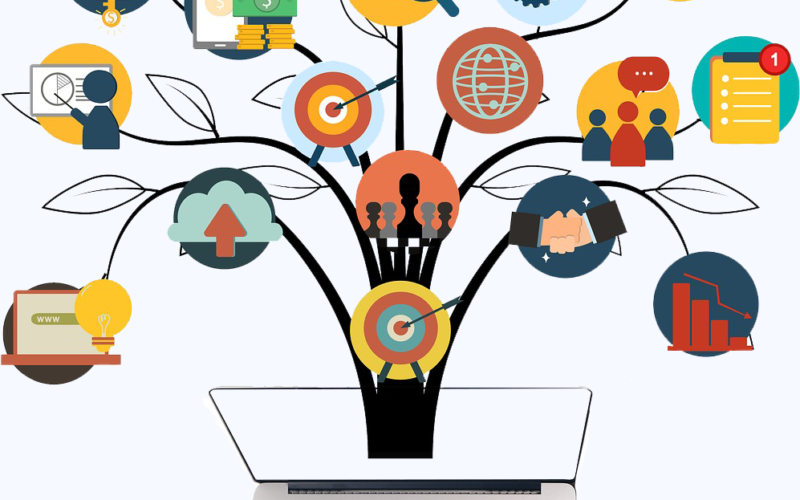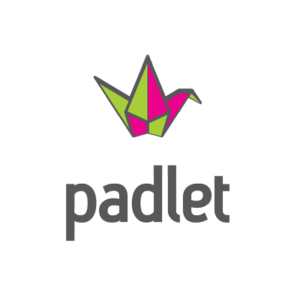New Marketing Strategies to Access Vulnerable Populations

“I found that by conducting a Google search on “GED® programs in my area” that it took some time to find what I was looking for. Based on this, I established that we, as adult education leaders, need to look at how to better market our programs for learners who are unfamiliar with adult education services.”
Team Reach Out
New Marketing Strategies to Access Vulnerable Populations
by Geri Hayden
| Team Members | Project Summary: |
|---|---|
|
2020 was a challenging year that forced adult education to rethink and revamp practices, including how to reach vulnerable populations. Team Reach Out looked at important considerations to keep in mind when trying to reach vulnerable populations within adult education by providing an overview of a specific marketing initiative within the correctional education context and by looking at marketing strategies from across the adult education field in Virginia. |
Reaching out to our target learners is an essential part of adult basic education. This past year, 2020, was a challenging one that forced adult education to rethink and revamp practices. As the “Reach Out” team, our challenge was to think about how to conduct effective outreach to the adult learner populations in order to market our programs and services to new learners and to retain our current ones. To better understand this challenge, we looked at several areas—our target demographics; program options such as in-person, online, group instruction, and one-to-one tutoring instruction; and the most effective marketing and retention strategies for adult education. The populations that we decided to focus our project on were those in rural areas having sparse internet services, returning citizens (previously incarcerated) with low literacy, older adults, non-English or limited English speakers, and those who have none or limited experience with technology. For the marketing and retention strategies, we had the plan to put together a survey to send out to the Virginia adult education field to get an idea of what strategies programs have tried and found to be successful at reaching out to potential and current learners, especially those who belong to the identified vulnerable populations. We recognized that adult education programs vary on numerous factors that impact how to “reach out” to these vulnerable populations. We also acknowledged that our demographics, technology, transportation needs, instructors’ training needs, and marketing and retention strategies are impacted by funding and other resources.
The Reach Out team met virtually several times, beginning in January, to set up the framework of this project. Our first goal was to identify vulnerable populations. The original team consisted of four members. Although the team was unable to continue working on the project, I felt it was important to continue conversation and encourage continued work to meet the original goal. The objective was to design a specific marketing initiative within the correctional education context and look at marketing strategies across the adult education field in Virginia.
Once I took this challenge on as an individual, I decided to research how other adult education programs across the state were reaching their populations. As a starting point, I reached out to other adult education practitioners within my network but that worked for different programs as well as searched for the current marketing practices that are being used for adult education in Virginia. My goal was to look at marketing materials from the student perspective. I found that by conducting a Google search on “GED® programs in my area” that it took some time to find what I was looking for. Based on this, I established that we, as adult education leaders, need to look at how to better market our programs for learners who are unfamiliar with adult education services.
I looked specifically at Region 6 and discussed the website with Vici Garber, the Regional Specialist and PluggedIn VA Coordinator at the Shenandoah Initiative for Adult Education (SHINE) from the perspective of a learner from the region. We discussed the issue of making the website accessible on mobile devices. This coincided with the larger focus that we saw over the last year in needing to make information accessible on phones and mobile applications. I also talked to Jessica Chenoweth, the Program Manager at the Staunton-Augusta Adult Learning Center, which is also in the Adult Education Region 6. My interest in this program was regarding how they use Facebook to reach out to current students. I posed the question of how we could use this strategy to reach out to new, potential learners within our targeted populations. While this is only a small overview of the collaborative conversations that were had, it exemplifies how this collaborative strategy can bring new outreach methods to light. Finally, I was able to present my experience with this team challenge at the AE&L Conference ReMix Team Challenge Showcase where my hope was to gain additional collaborators and inspire other adult education practitioners to take on this challenge of revamping our outreach and marketing strategies.
Since this project is still ongoing, the solutions to more effective learner outreach are continually being researched and identified. For example, one outreach activity that I have conducted at Fluvanna Correctional Center for Women as a result of the project presents a model for designing effective outreach. I designed a flyer for our population to address possible questions and concerns that learners might have in such a way as to advertise the benefits of obtaining a GED® credential. I wanted learners to understand that our adult education programs are not only mandatory, but also beneficial. The flyer addresses some of the common barriers that these students face and lets them know that they drive their own learning. This small example reflects the tenets laid out by the Reach Out team because this resource was developed with our learners, their barriers, and their perspectives in mind.
As I have learned from this project, collaboration across adult education programs is the best strategy for identifying and testing new, innovative strategies for reaching the vulnerable populations that our team identified. Moving forward as a project will require a team to explore marketing strategies throughout Virginia. We originally discussed devising a survey to assess what seems to be working, reflecting on areas for improvement and evaluating the successes of other programs, and gauging if these practices can work for other programs. The key to bringing these project goals to fruition requires a collaborative spirit and a team. Will you join us? We value your opinion and expertise.
To express your interest in helping Geri take this important outreach initiative further, contact her at geriteaches@me.com.
 We are including some of the comments received for each showcase team. View more of the showcase discussion in the 2020 AE&L Conference ReMix TeamShowcase Padlet.
We are including some of the comments received for each showcase team. View more of the showcase discussion in the 2020 AE&L Conference ReMix TeamShowcase Padlet.
“Thank you for staying on the path and finding other ways to continue your project/research. Great leadership! “
“I have similar changes with getting information to our target group – thinking of new creative ways for engagement and outreach.”
 Geri Hayden is currently a GED® instructor and special education Individualized Education Program (IEP) coordinator with the Virginia Department of Correctional Education. As an avid learner, Geri has continued her education specifically in the areas of curriculum development, mathematics, and professional development as a trainer. Geri holds a B.A. in psychology and an M.S. in education with a focus on learning disabilities in special education.
Geri Hayden is currently a GED® instructor and special education Individualized Education Program (IEP) coordinator with the Virginia Department of Correctional Education. As an avid learner, Geri has continued her education specifically in the areas of curriculum development, mathematics, and professional development as a trainer. Geri holds a B.A. in psychology and an M.S. in education with a focus on learning disabilities in special education.